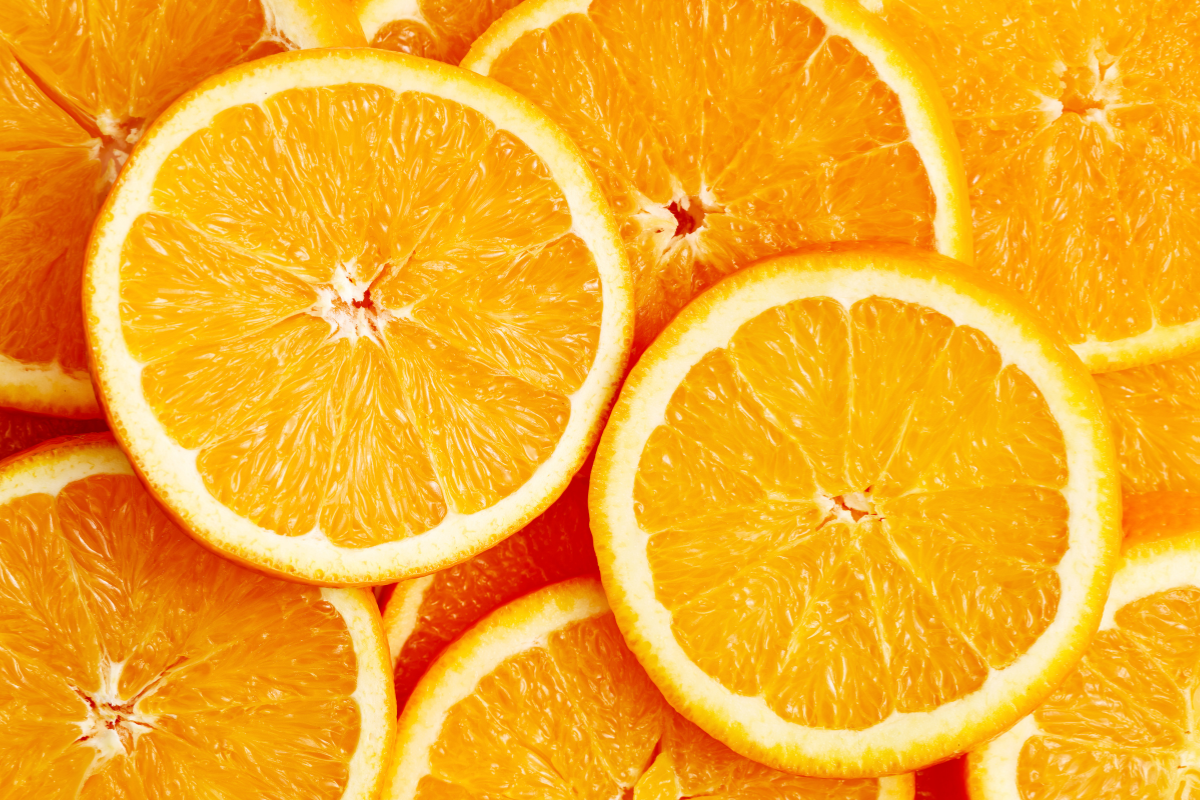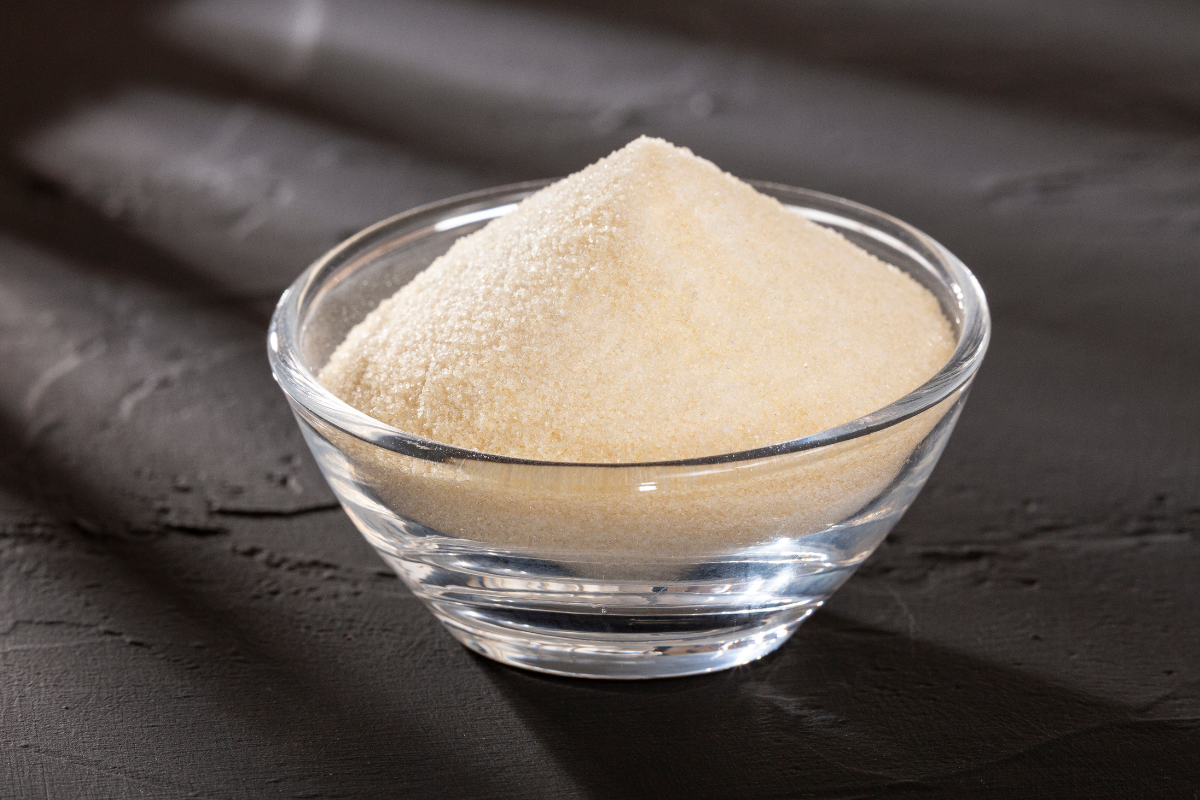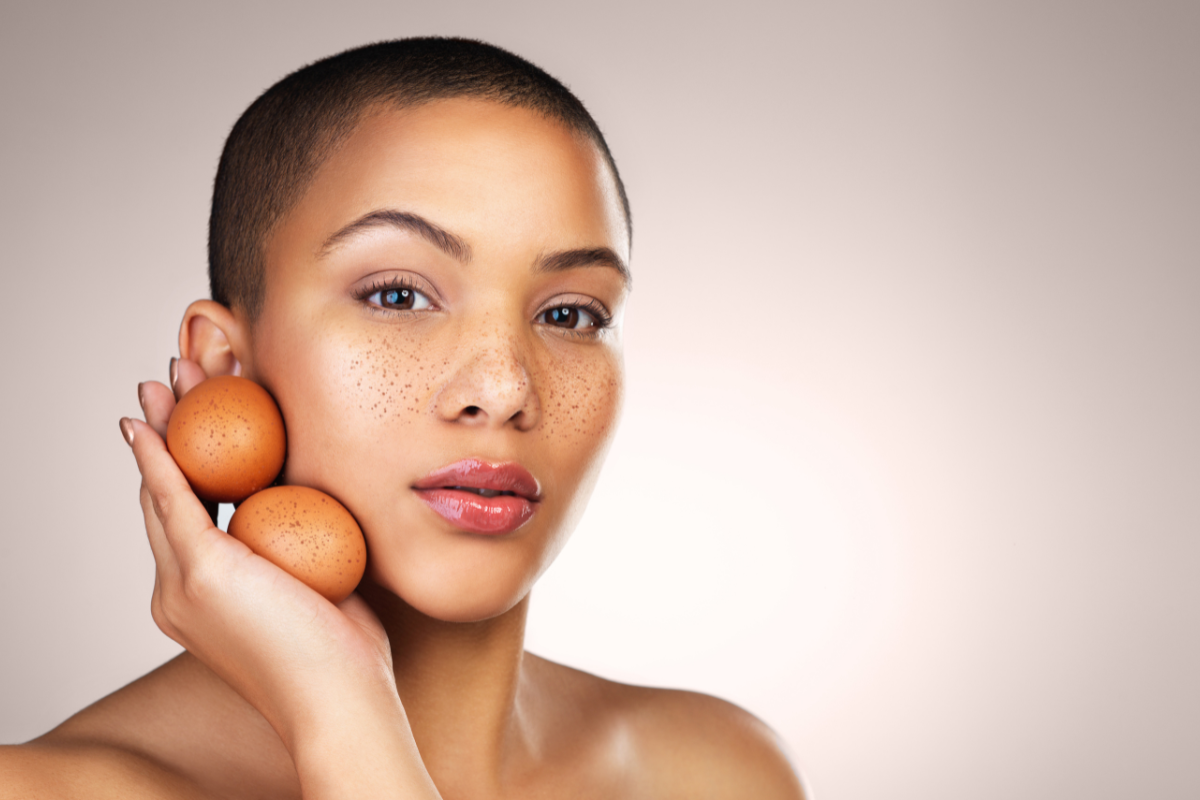Collagen boost

Collagen boost
Why is collagen so important to the overall health of your body, to the way your skin looks?
Collagen is the most abundant protein in the human body. 70% of your skin, hair and nails and almost 100% of your connective tissue consists of collagen . Collagen literally holds you together: from the hairs on your head to every inch of your skin, to the mobility of your joints. It even affects the overall health of your intestines and stomach.
With that said, you understand how important collagen is to your overall health and appearance!
As we age, the body's natural production of collagen decreases dramatically. Over 25 years? Then your collagen production has probably started to decrease. And when collagen levels decrease in the body, the skin usually begins to "look older", with less elasticity and plumpness. Crackling joints and disturbances in the gut can also be an effect of the lowered levels of collagen. Lower collagen levels can even mean that the hair becomes thinner and that the nails get poorer quality.
But how to optimize your collagen levels?
There are a number of things that can be done to both boost your collagen levels and prevent the existing collagen from breaking down.
THINGS THAT ARE NEGATIVE FOR YOUR COLLAGEN
- Bad sleep
- Too high sugar intake
- High levels of the stress hormone cortisol from mental stress
- Too much sun exposure
- A diet with too few antioxidants
- Poor stomach health
- Free radicals
- Smoking
- A too low intake of the nutrients vitamin C, copper, sulfur and zinc
Luckily, there are natural collagen boosters!
What are the best nutrients to boost your collagen?
VITAMIN C FOR A RADIANT SKIN
Vitamin C is essential for the body to produce collagen , the vitamin is involved in almost every step of the collagen production process, making vitamin C an essential nutrient for radiant and healthy skin.
When vitamin C is delivered to your skin cells, both wrinkles are reduced and the skin's structure is improved.
A good way to get vitamin C is to eat foods rich in the vitamin. Supplementing with a food supplement with vitamin C is also good, if you know that you eat too little of foods rich in vitamin C.
Foods rich in vitamin C: kiwi, citrus fruits, broccoli, peppers and kale
SULFUR MAINTAINS COLLAGEN
Sulfur is necessary for optimal collagen production. Eating foods rich in sulfur or/and supplementing with a dietary supplement with sulfur helps the body to maintain the valuable collagen , but also the beauty substance keratin - because sulfur is required for the production of both of these "youthful" substances.
Do you suffer from thinning hair or bald spots? Then the good news is that sulfur has also been shown to help increase both collagen and keratin levels in the body, substances that we absolutely need for the body to be able to form new hair, but also strong nails and skin cells.
Sulfur-rich foods: onions, egg yolks, and cruciferous vegetables (broccoli, Brussels sprouts, cauliflower, etc.)
ZINC SUPPORTS COLLAGEN PRODUCTION
Zinc is also important to support the body's collagen production. Zinc acts as a co-factor for collagen production, which means that it activates proteins that are important for collagen synthesis. It also activates a protein called collagenase that allows your cells to "rebuild" collagen .
Foods rich in zinc: shellfish, nuts, dairy products and grains
COPPER IS IMPORTANT FOR COLLAGEN TO FORM
Copper is also needed for the body's collagen production. In fact, when the level of copper inside the skin cells increases, so does collagen production!
Copper activates an enzyme required for collagen production. When the enzyme is active, the collagen fibers cross-link with other supporting fibers, helping to form the structure that supports your skin.
Copper also acts as an antioxidant (neutralizes free radicals) and helps prevent them from damaging your skin cells or tissues.
Foods rich in copper: pecans, cashews, kidney beans, dried fruit, and mushrooms.
All of these nutrients are superb collagen boosters, but none of them are as good as the best collagen booster in the world: COLLAGEN .
- Tags: Kollagen/Collagen







